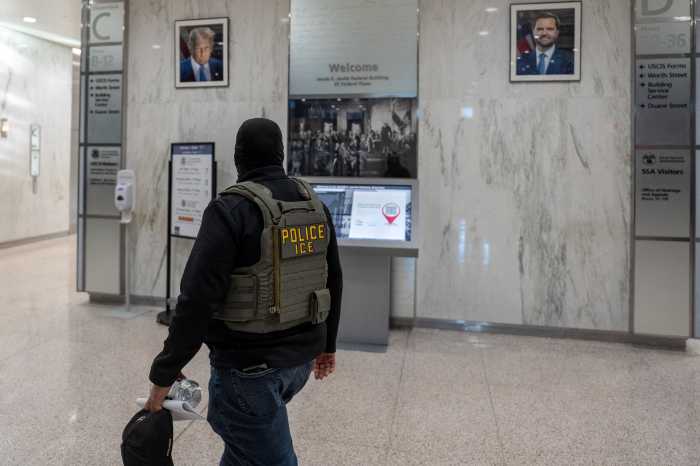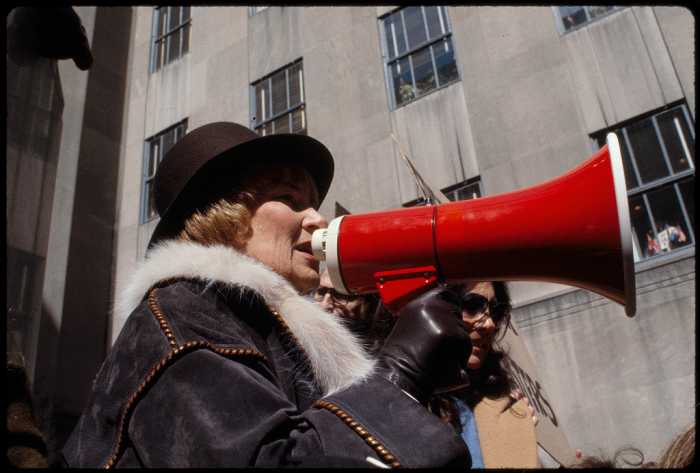Is a Mohawk haircut so “extreme” that an airline would be justified in not allowing a male flight attendant to work if he reported for duty groomed that way?
According to a December 4 federal court ruling, if gay flight attendant Ray Falcon can prove that Continental Airline’s supervisors on duty at Newark Airport on the day in 2010 when he was barred from working a flight knew he was gay and applied its grooming standards to him discriminatorily, he may have a sexual orientation discrimination claim under New Jersey’s Law Against Discrimination.
US District Judge José L. Linares denied summary judgment to the airline in a case that Falcon filed in New Jersey state court but was removed to federal court on the airline’s motion.
Gay flight attendant can pursue discrimination claim against Continental Airlines over threatened grounding
Falcon asserts he was out at work and known to his supervisors that way, while they deny it, so there is a credibility question to be resolved in the case. The plaintiff also claims he was subjected to the indignity of being barred from working on the pretext of his haircut when in fact the reason was the fact he is gay. The supervisors respond they were simply enforcing the airline’s workplace code that obligates employees in public contact positions to maintain a “professional appearance.”
There is also a dispute over whether the haircut was in fact a Mohawk, with Falcon maintaining it was just a standard military cut — short at the sides and a bit longer on top. Faced with his supervisors’ adamant refusal to let him work his scheduled flight to Paris, Falcon asked another attendant who had hair clippers to trim his top sufficiently to satisfy them and they relented.
Falcon’s complaint asserts that the incident caused him significant emotional distress, requiring psychological treatment and causing him to miss work. He supplemented his discrimination claim with a battery claim — the haircut — and a claim of intentional infliction of emotional distress.
Judge Linares dismissed the battery claim, finding Falcon could not make that claim after having asked another attendant to give him the haircut. Linares also ruled that the incident failed to come anywhere near the high standard of outrageous conduct set by New Jersey courts in emotional distress claims arising from workplace incidents.
Falcon continues to work as a flight attendant for Continental, Linares noted, and suffered no discipline or tangible losses as a result of the incident. He was treated for distress stemming from this incident by a licensed psychologist, who prescribed medication for him, and applied for benefits under the Family and Medical Leave Act to cover the days when he missed flights as a result.
Falcon can proceed with his suit alleging that the incident was motivated by unlawful sexual orientation discrimination.
Michael R. Lombardi of Edison, New Jersey, represents Falcon, and Continental is being defended by Buchanan Ingersoll & Rooney of Newark and Philadelphia.


































